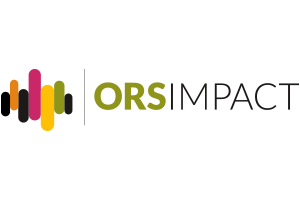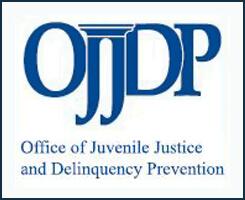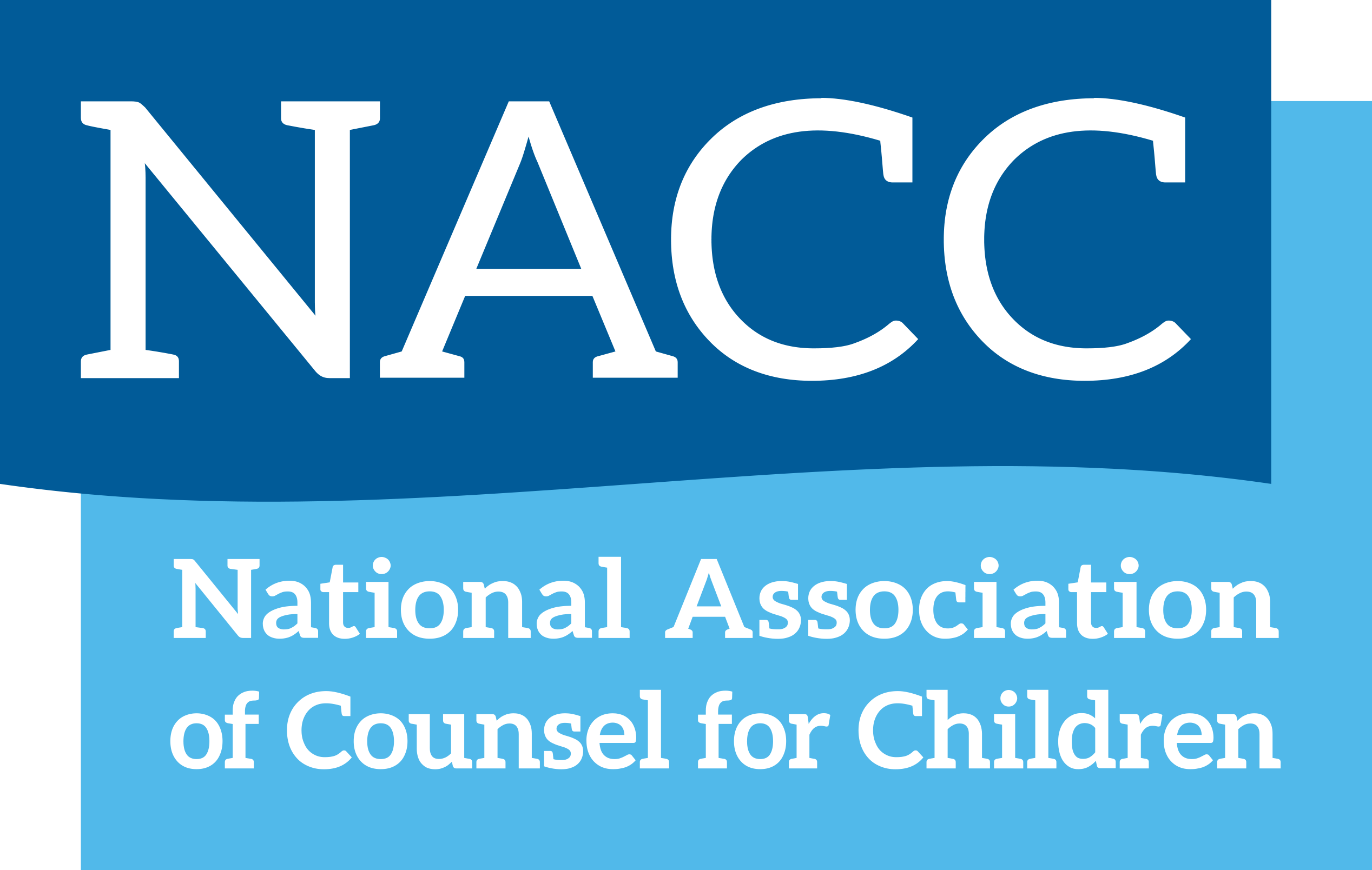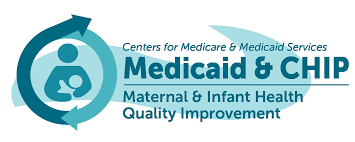For young people, aging out of foster care is a significant step in their life journey. These young adults now find themselves on the brink of independence, sometimes without a ready support system or accessible resources to help them as … Read More
Foster Care

State-level Data for Understanding Child Welfare in the United States
This comprehensive child welfare resource provides state and national data on child maltreatment, foster care, kinship caregiving, permanency, and older youth in care. The data are essential to help policymakers understand how many children and youth come in contact with … Read More

The Current State of Youth Homelessness Approaches: Insights and Observations
Introduction As of 2018, researchers have estimated that over 700,000 adolescent minors, or 1 in 30 of the population of 13- to 17-year-olds, have experienced homelessness. These numbers are even more alarming when looking at young adults ages 18-25, of … Read More

Associations Between Potentially Traumatic Events and Psychopathology Among Preadolescents in the Adolescent Brain and Cognitive Development Study®
The current cross-sectional study aimed to extend the literature on childhood adversity by examining the unique associations between potentially traumatic events (PTEs) and a range of mental health concerns, including domain-specific versus comorbid concerns. Participants were 11,877 preadolescents (47.8% female, … Read More

Data Snapshot Reveals Alarming Depression Rates Among Youth
OJJDP has updated its Statistical Briefing Book with a new Data Snapshot on major depressive episodes (MDE) among youth. The snapshot draws on data from the National Survey on Drug Use and Health. The data show one in five youth ages 12–17 experienced an MDE in … Read More

Your Case, Your Rights: Your Guide To Exercising Self-Advocacy
Your Case, Your Rights: Companion Guide Step 1: Believing in Your Rights Practicing Self-Empowerment Activities When we were talking with current and former foster youth about creating this guide, a common theme we heard was foster youth needed to believe … Read More

QIC-EY Lessons Learned: Fundamental Insights to Engage Children and Youth
Launched in October 2021 and funded by the U.S. Department of Health and Human Services, Administration for Children and Families, Children’s Bureau, the Quality Improvement Center on Engaging Youth in Finding Permanency (QIC-EY) is charged with advancing child welfare programs … Read More

Improving Timely Health Care for Children and Youth in Foster Care: How to Build a Family of Measures
Measuring progress is essential to successful quality improvement (QI) initiatives. There are three types of measures in quality improvement QI: outcome measures, process measures, and balancing measures. Taken together, these three measure types make up a family of measures. Below … Read More

Timely Health Care for Children and Youth in Foster Care: Getting Started on Quality Improvement
This video provides an overview of how Medicaid and child welfare agencies can start a QI project to improve timeliness of health services for children and youth entering foster care. The Model for Improvement is built on small tests of … Read More

Rethinking Peer Influence and Risk Taking: A Strengths-based Approach to Adolescence in a New Era
The past twenty-five years have witnessed two dramatic changes in adolescent mental health in the United States.The first, a dramatic decrease in a wide range of adolescent externalizing behaviors, has been fortuitous. Rates of adolescent rule- and norm-breaking behaviors have … Read More
